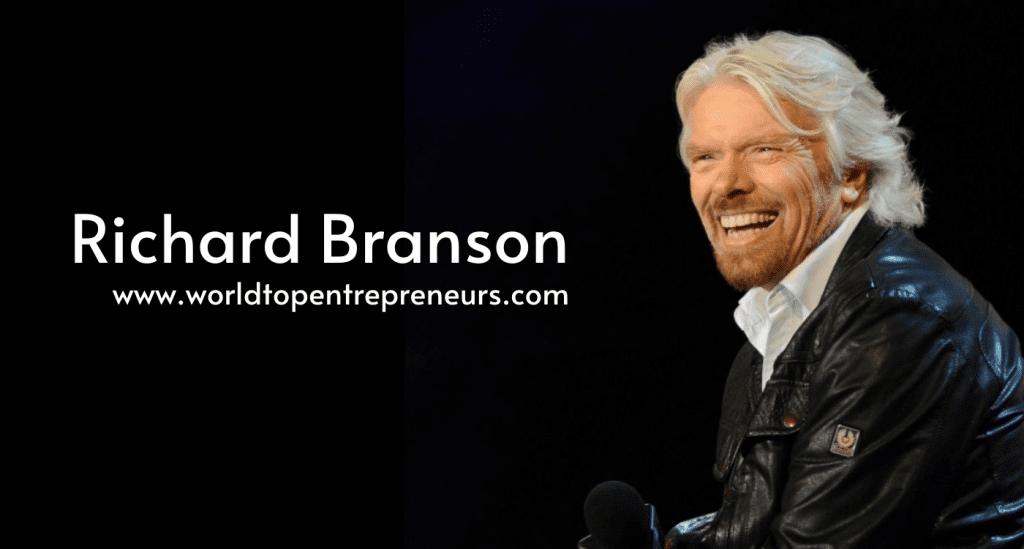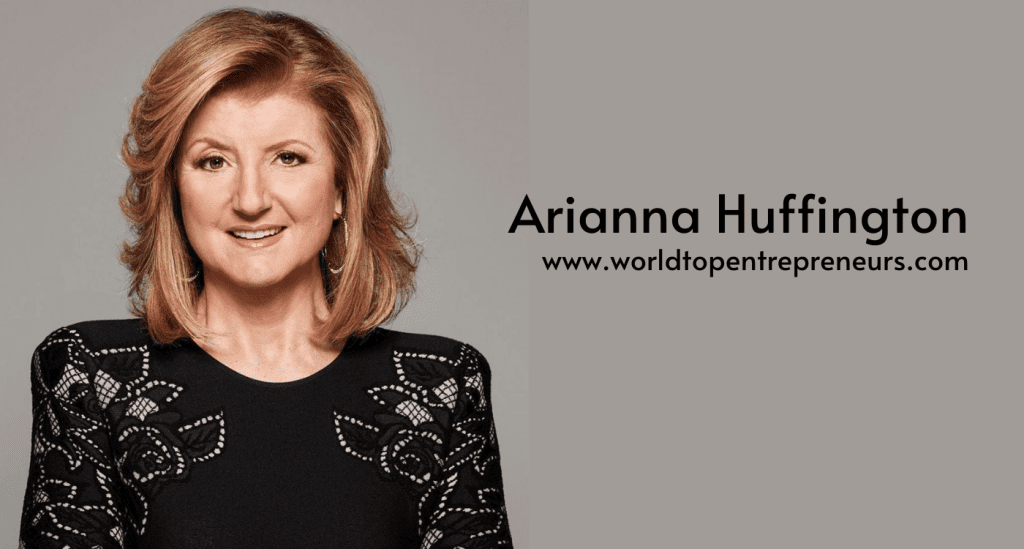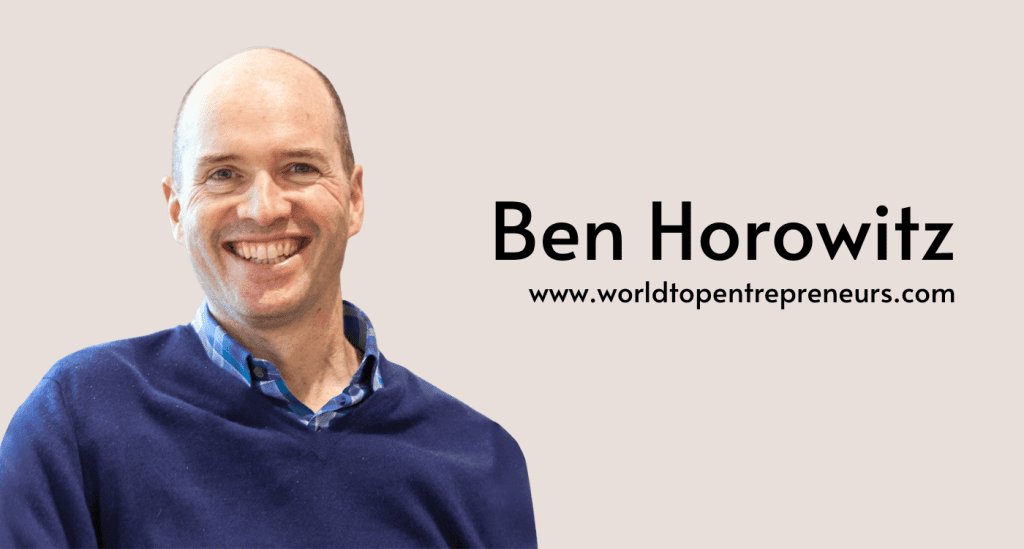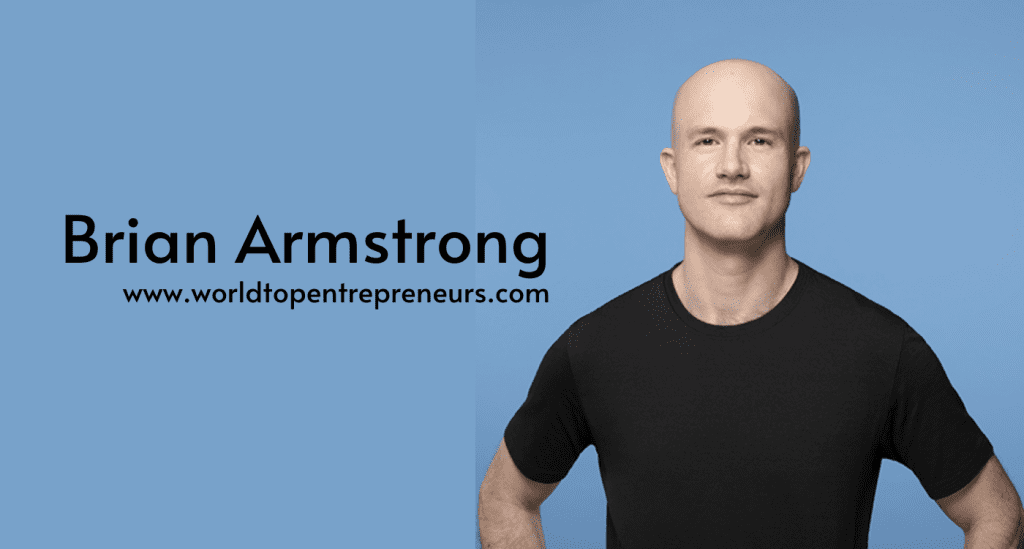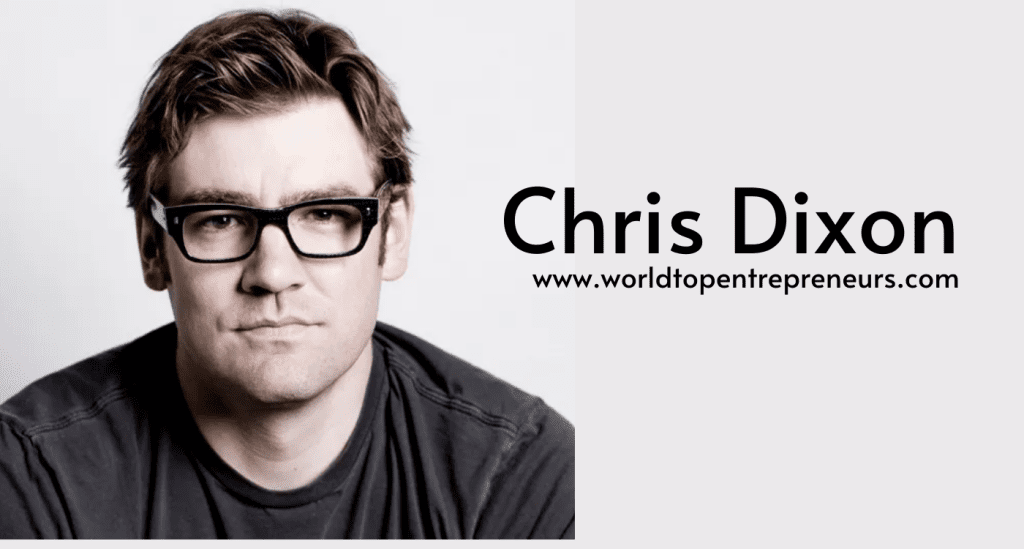In the annals of modern business, Richard Branson’s name shines with a distinct brilliance. Known for his audacious spirit and unyielding pursuit of innovation, Branson has built an empire that extends across a plethora of industries, from music to airlines, and even space travel. As the founder of the Virgin Group, his journey is a testament to the power of bold vision, resilience, and an insatiable curiosity.
Early Life and Formative Years
Richard Charles Nicholas Branson was born on July 18, 1950, in Blackheath, London. The eldest of three children, Branson grew up in a family that wasn’t particularly affluent but was rich in love and support. His father, Edward Branson, was a barrister, and his mother, Eve, was a former air hostess. The Branson household was one where creativity and individuality were nurtured, albeit within modest means.
Branson’s academic journey was far from conventional. Struggling with dyslexia, he found traditional schooling challenging and often unfulfilling. His parents, rather than pushing him to conform, encouraged his entrepreneurial spirit from a young age. At 16, Branson dropped out of school to start his first business venture, a magazine called Student. The magazine’s success not only validated his entrepreneurial instincts but also set the stage for his future endeavors.
The Birth of Virgin
The name “Virgin” was coined by Branson and his team in the early days of the Virgin Group as a tongue-in-cheek acknowledgment of their inexperience in the business world. What started as a student magazine soon evolved into a record label in 1972. Branson’s first major foray into the music industry was not without its challenges. Virgin Records faced numerous hurdles, including financial difficulties and skepticism from industry veterans. However, Branson’s resilience and his knack for spotting talent helped Virgin Records sign groundbreaking artists like the Sex Pistols, whose controversial image and music disrupted the status quo and established Virgin Records as a major player in the music industry.
Virgin’s success in music paved the way for Branson to diversify into other sectors. In the 1980s, he ventured into the airline industry with Virgin Atlantic. The airline was launched in 1984 with a single aircraft and a bold promise of providing a superior customer experience. The competition was fierce, dominated by established players like British Airways. However, Branson’s focus on customer service, innovative marketing, and a touch of flamboyance helped Virgin Atlantic carve out a unique niche. The airline quickly became known for its luxury amenities and customer-centric approach, challenging the norms of the industry.
The Spirit of Innovation
Branson’s approach to business is often characterized by a willingness to challenge conventions and take risks. This spirit of innovation is evident in the diverse range of industries Virgin Group has entered over the years. From Virgin Mobile to Virgin Galactic, Branson’s ventures often disrupt established markets by offering novel solutions and unique experiences.
Virgin Mobile, launched in 1999, was another milestone for Branson. The mobile phone market was highly competitive, with a few dominant players. However, Virgin Mobile’s introduction of innovative pricing models and customer-friendly policies disrupted the market. The success of Virgin Mobile demonstrated Branson’s ability to identify emerging trends and leverage them to create new opportunities.
One of Branson’s most ambitious ventures is Virgin Galactic, founded in 2004. Virgin Galactic represents Branson’s foray into the realm of space travel, with the aim of making space tourism a reality. The concept of commercial space travel seemed far-fetched when Branson first announced it, but his relentless pursuit of this dream has brought it closer to reality. Despite numerous setbacks and challenges, including test flight accidents, Branson’s unwavering commitment to the vision of making space accessible to ordinary people continues to drive the project forward.
Challenges and Triumphs
Branson’s journey has not been without its share of challenges. His entrepreneurial ventures have faced numerous obstacles, including financial crises, regulatory hurdles, and fierce competition. The collapse of Virgin Cola, a foray into the soft drink market, was a notable setback. The market was dominated by entrenched players like Coca-Cola and Pepsi, and Virgin Cola struggled to gain traction.
Similarly, Virgin Trains, another ambitious project, faced challenges in the highly regulated and competitive railway industry. Despite initial success, Virgin Trains eventually lost its franchise in the UK, highlighting the difficulties of operating in regulated markets.
However, Branson’s ability to learn from failures and persevere through adversity is a hallmark of his career. Each setback has been met with resilience and a willingness to adapt. His approach to failure is best encapsulated by his own words: “Business opportunities are like buses, there’s always another one coming.” This mindset has allowed Branson to pivot and explore new ventures, turning challenges into opportunities for growth.
Philanthropy and Social Impact
Beyond his business ventures, Richard Branson is also known for his philanthropic efforts and commitment to social causes. Branson’s charitable work is closely aligned with his entrepreneurial ethos, focusing on initiatives that address global challenges and drive positive change.
In 2004, Branson founded Virgin Unite, the charitable arm of the Virgin Group. Virgin Unite aims to tackle pressing social and environmental issues through innovative solutions and collaborations. The organization supports a range of initiatives, from promoting sustainable development and addressing climate change to empowering disadvantaged communities and advancing global health.
One of Virgin Unite’s notable projects is its involvement in the fight against climate change. Branson has been a vocal advocate for renewable energy and sustainable practices. Virgin Unite has partnered with organizations like The B Team, which works to promote responsible business practices and advance sustainability goals.
Branson’s philanthropic efforts extend to global health as well. Virgin Unite has supported initiatives aimed at improving healthcare access and addressing global health challenges. The organization has partnered with organizations like the Global Fund to Fight AIDS, Tuberculosis, and Malaria, working to combat infectious diseases and improve health outcomes in vulnerable populations.
Personal Life and Legacy
Richard Branson’s personal life is as colorful as his business ventures. He is known for his adventurous spirit and has embarked on numerous daring expeditions, including attempts to break world records in ballooning and oceanic exploration. These adventures reflect his boundless curiosity and willingness to push the boundaries of what is possible.
Branson’s personal life is also marked by his close-knit family and his passion for social causes. He has been married to Joan Templeman since 1989, and the couple has two children, Holly and Sam. Branson’s family life is an integral part of his story, providing a foundation of support and inspiration for his entrepreneurial endeavors.
Looking ahead, Branson’s legacy is likely to be defined by his contributions to both business and society. His approach to entrepreneurship—characterized by innovation, resilience, and a commitment to positive change—has left an indelible mark on multiple industries. As he continues to pursue new ventures and champion important causes, Branson’s influence will undoubtedly endure.
Conclusion
Richard Branson’s journey from a young, dyslexic school dropout to the founder of a global conglomerate is a remarkable story of vision, courage, and perseverance. His entrepreneurial ventures have disrupted industries, challenged conventions, and introduced innovative solutions. Beyond business, Branson’s philanthropic efforts and commitment to social causes reflect his broader vision of creating a positive impact on the world.
As we look to the future, Richard Branson’s legacy serves as a reminder of the power of daring to dream big and pursuing one’s passions with unwavering determination. His story is a testament to the impact of entrepreneurship not only in driving economic success but also in addressing some of the world’s most pressing challenges. Whether through his ventures in space travel or his charitable work, Branson’s influence continues to inspire and shape the world in profound ways.

